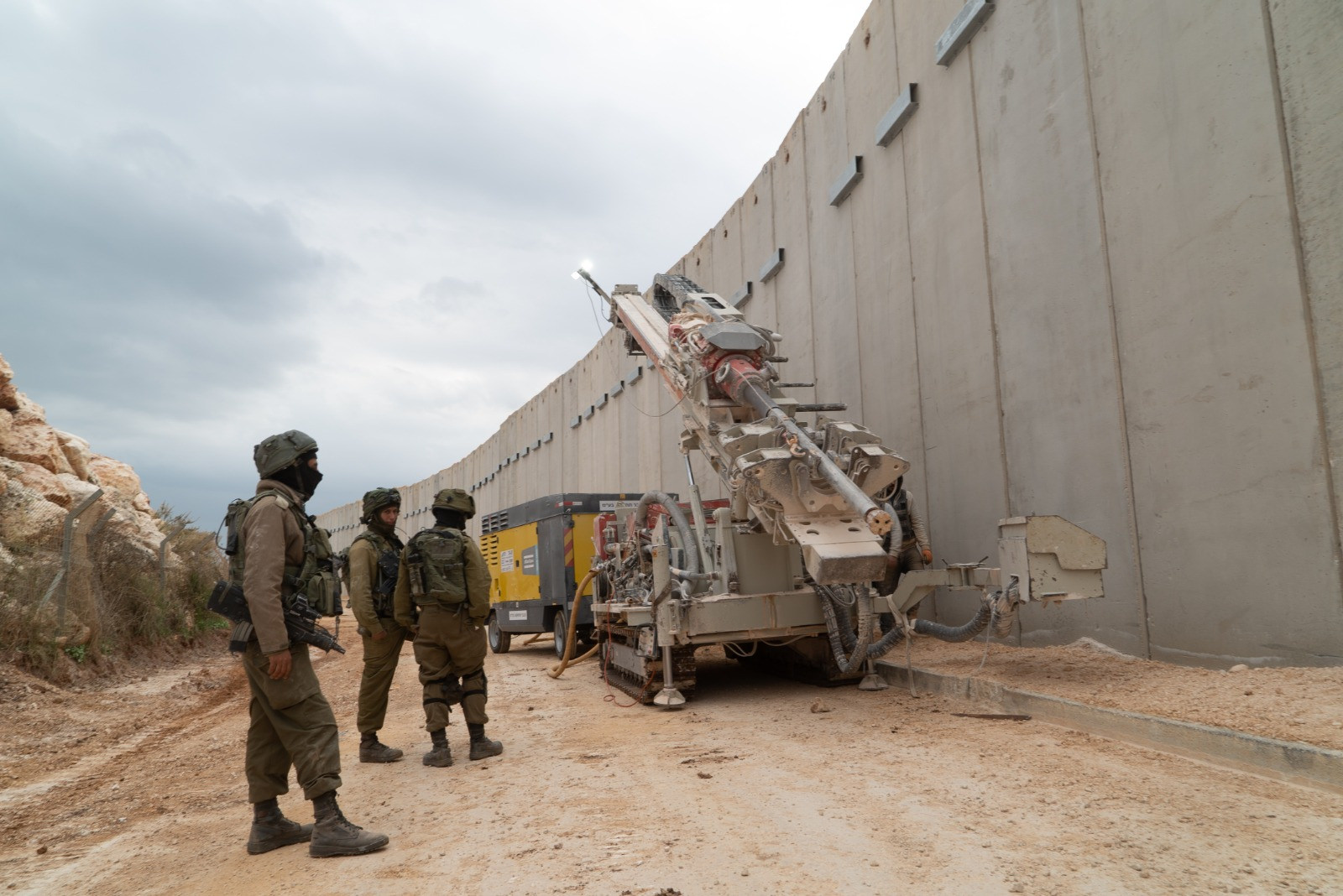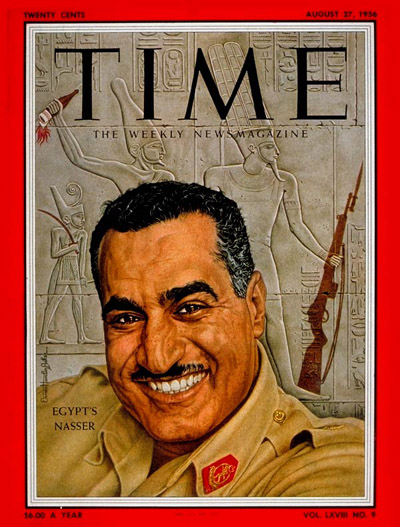Guest post by Boaz Atzili.
On December 4th, when Israel exposed Hezbollah’s tunnel that breached its border with Lebanon, Prime Minister Netanyahu had harsh words for the Shiite organization and its Iranian patron. But importantly, Netanyahu also threatened Lebanon. He declared that Lebanon would be held responsible for “all terror activities emanating from its territory.” This was not an afterthought, but an important indicator of how and against whom Israel plans to fight its next war in the north if that war erupts.
As the civil war in Syria draws to a close, Assad’s ally, Hezbollah, might find itself free of its Syrian entanglement for the first time in years. That Hezbollah is better equipped and trained than any time in history, as well as better positioned politically in Lebanon, raises the fear of another impending war with Israel. As Daniel Byman observed, such a war could be a result of Israeli reaction to a miscalculated provocation by Hezbollah. Or it might result from an Israeli preventive strike on the militant Shia organization.
How might Israel fight such a war and what will be its primary target? After the recent elections in Lebanon, a prominent Israeli minister declared that Lebanon and Hezbollah are one and the same and, therefore, in any future war “Israel will not differentiate between the sovereign state of Lebanon and Hizbollah (sic) and will see Lebanon responsible for any action originated from its territory.” This declaration echoes similar pronouncements from senior Israelis in the government and the defense establishment, such as former Minister of Defense Avigdor Liberman, and former head of Israel’s National Security Council, Giora Eiland. Similarly, IDF Chief of Staff Gadi Eisenkot declared that “in a future war, the targets will be clear: Lebanon and the organization operating under its authority and its approval.” “The next time,” another senior IDF officer maintains, “Lebanon will be held accountable for all of Nasrallah’s deeds. The country will pay a very high price should it allow itself to be dragged by Hezbollah into any kind of adventure.”
But such policy makes little strategic sense. The feeble institutions of the Lebanese state lack both the capacity and the political coherence necessary to face down a formidable organization such as Hezbollah, and Israeli attempts at coercion are unlikely to change that. Why then does Israel seem to be heading exactly in that direction?
The policy of targeting states which host threatening non-state actors is what Wendy Pearlman and I, in a recently published book, call triadic coercion. To one degree or another, against one foe or another, Israel has been practicing triadic coercion for decades. From targeting Egypt and Jordan in the 1950s over Palestinian infiltrations, to retaliating against Syria in the 1960s for Fatah cross-border operations, to targeting the Palestinian Authority to coerce a clampdown on Hamas and Islamic Jihad during the Second Intifada, triadic coercion has been prominent in Israeli operations for years.
Experience shows, however, that targeting the host state is only effective against hosts controlled by strong regimes. Such regimes possess both the capacity to affect the operation of the nonstate actors and the necessary coherence to put national security interests before considerations of domestic politics and short-term public opinion costs. Thus, Israeli retaliation for Palestinian infiltration against Egypt’s Nasser was not effective before 1956 but worked well afterwards, and its retaliation against Syria in the 1960s was futile but threats against the stable Assad regime in the 1970s worked as intended.
Targeting the host state was, at first, a result of trial and error by a young state facing a challenging security environment. In the mid 1990s, however, as it became increasingly clear that traditional state-to-state threats were giving way to asymmetrical ones—and that direct deterrence seldom worked against such foes—triadic coercion seemed like a viable policy option. It could circumvent the problem by forcing the conflict into a familiar playing field that Israel could again dominate. The strategy ceased then to be a carefully calibrated approach aimed at maximizing benefits and minimizing costs—it became, instead, an article of faith for Israeli security establishment. From the 1993 “Operation Accountability” in Lebanon to recent “deterrence operations” to its north and south, triadic coercion is a dominant IDF strategy, regardless of who is the target and its likelihood of success.
A confluence of factors rooted deep in Israel’s strategic culture have combined to affect such a transformation. First, the IDF command increasingly became convinced in the inherent, rather than instrumental, utility of action in pursuit of deterrence. Rather than attempting to demonstrate force when and where such demonstration is likely to produce deterrence, the demonstration of force is assumed to automatically produce deterrence. Second, the Israeli defense establishment increasingly treats all threats as similar, intelligence information notwithstanding, and discounts nuances and differences. Third, the target increasingly assumes to be the enemy’s consciousness, rather than its rational decision-making. And lastly, what is perceived to be morally just becomes more important than what works. Thus, in the 2006 Lebanon war, Israeli leaders declared that Lebanon should pay the price of Hezbollah action. Such declarations were made not because Lebanon could in fact stop Hezbollah’s action, but because it should.
In that war, the IDF pushed hard to focus on the Lebanese state as the core target of its campaign against Hezbollah. Mostly because of American pressure—the US wanted to minimize damage to the assets of its Lebanese ally Prime minister Fouad Siniora—targeting the host state was rejected as Israel’s official policy. The IDF was nevertheless still able to enact much of the same policy under other guises.
Now, twelve years later, both Israel’s military and its political leadership are in consensus: in the next war, Lebanon should be the target in order to coerce Hezbollah into submission. The current US administration is unlikely to restrain Israel from acting on such strategy this time around. Yet, based on our research, such a policy against a weak regime has not worked in the past, will not work again, and is a dangerous diversion from a rationally calculated strategy.
Boaz Atzili is an Associate Professor and the Director of the Doctoral Studies Program at the School of International Service, American University.







